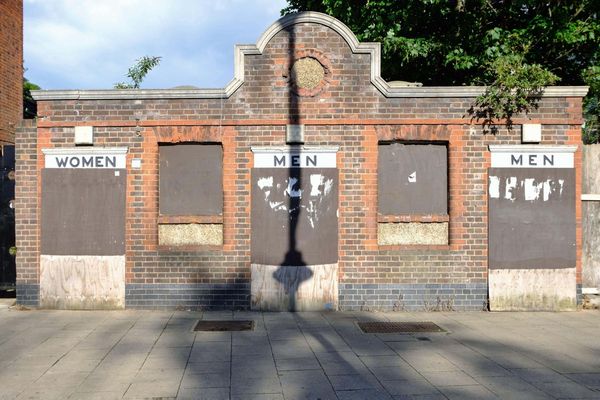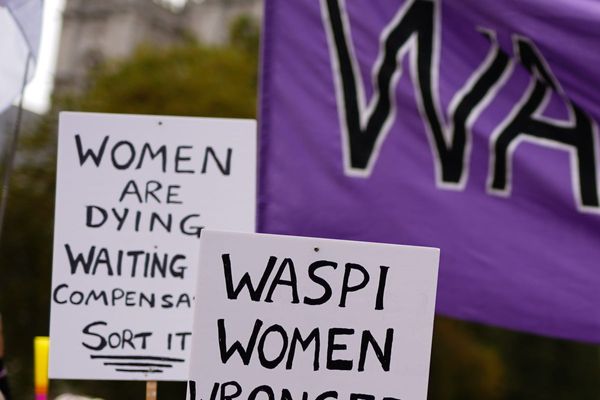
Auckland (AFP) - New Zealand will not fully reopen its borders until October, as it cautiously dismantles some of the world's toughest pandemic border restrictions, Prime Minister Jacinda Ardern said Thursday.
Ardern announced a five-step plan to reconnect New Zealand to the rest of the world, beginning with waiving hotel quarantine requirements for Kiwis stranded overseas by the pandemic.
She said New Zealanders in Australia could return home and self-isolate, rather than going into quarantine, from February 27, followed two weeks later by Kiwis elsewhere in the world.
The border quarantine regime will then be progressively relaxed to allow in other groups such as skilled migrants, international students, Australians and then all vaccinated foreign nationals.
"It's time to move again," Ardern said almost two years after sealing off the South Pacific nation to combat the pandemic.
"Families and friends need to reunite, our businesses need skills to grow, exporters need to travel to make new connections."
Under the new system, international arrivals will self-isolate for 10 days, rather than undergoing a 10-day quarantine monitored by New Zealand military personnel.
Only 800 rooms per month are available under the current quarantine system, with demand regularly exceeding supply tenfold, and many New Zealanders criticised it as too harsh on international arrivals who came into the country fully vaccinated.
There were numerous stories of overseas-based Kiwis who could not get back to see dying loved ones or give birth in their homeland, such as pregnant journalist Charlotte Bellis.
Bellis prompted a rare about-face from officials this week when she was given an quarantine spot after claiming she would have to deliver her baby in Afghanistan after her initial request was rejected.
Ardern said the quarantine system -- known locally as MIQ -- had been a key part of New Zealand's success containing the pandemic, with only 53 deaths recorded in a population of five million.
"The anguish of MIQ has been real and heartbreaking but the choice to use it undeniably saved lives," she said.
New Zealand initially planned to start easing border controls last month and fully reopen in April but delayed the move as the Omicron variant emerged.
She said New Zealand's high vaccination rate -- almost 95 percent of the population is double-jabbed, with a third also receiving a booster -- meant change was now possible.
The quarantine system will not be completely dismantled as it will still be needed to cater for unvaccinated international arrivals.







